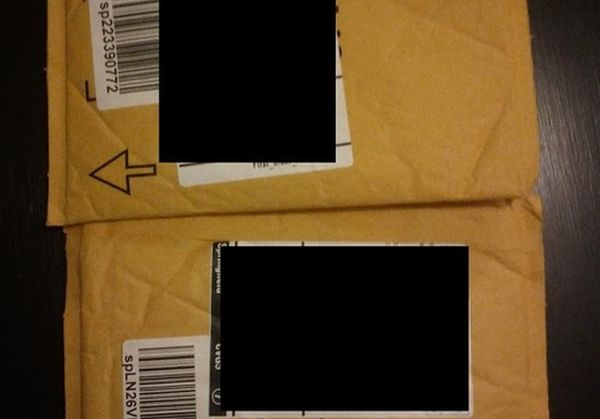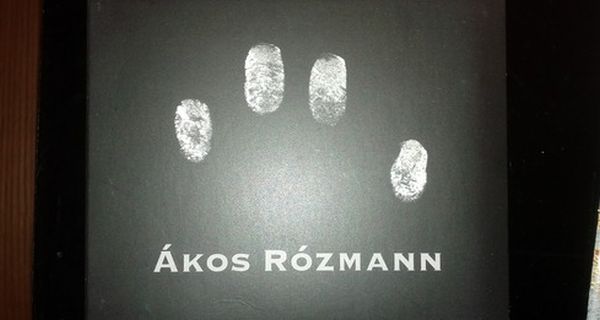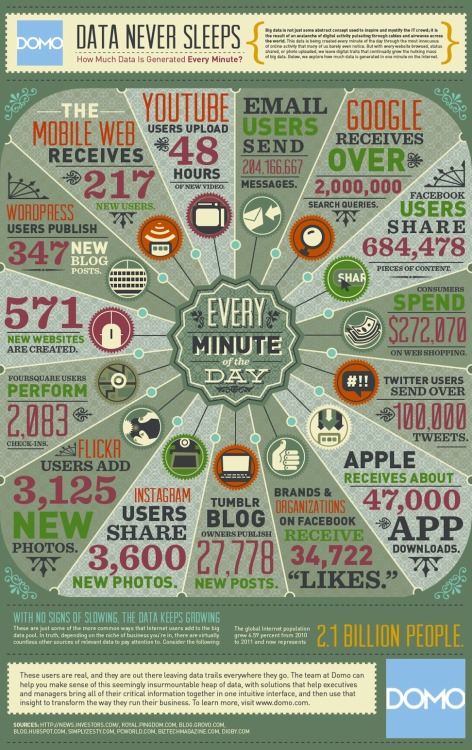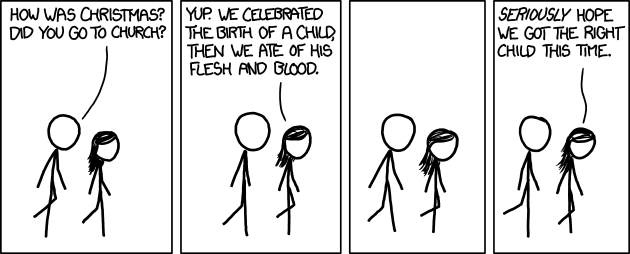Meet the random shopper: Amazon gifts bought at a machine's whim:
Workers fulfull orders at an Amazon warehouse in Rugeley, England. REUTERS/Phil Noble
What would a bot buy from Amazon, if given life—and a gift card loaded with credit?
Noam Chomsky's Cartesian Linguistics, apparently.
It's hard to believe that'd be a random choice, but it is, coming from a creature engineered for randomness by a man fascinated with randomness -- and consumerism. My friend Darius Kazemi, Boston-based developer extraordinaire, has a long-held interest in randomness. He's made the Twitter account
@metaphorminute, designed to tweet a random metaphor every couple minutes, and
OutSlide, which generates a random set of slides based on phrase-oriented Google image results.
With a background primarily in games, he's always been drawn to roguelikes and other games where random generation is a factor in the experience; he's attracted to the idea of "abdicating design decisions to a computer."

For example, he recently noticed an apparently-random area of Manhattan where real estate seems particularly expensive; for some reason, trading computers have superior latency there, leading financial firms to buy up real estate all to gain space for a couple of extra machines and the efficiency thereof. The whim of a machine caused an unpredictable spike in the value of a certain spot on the landscape.
"I like randomness because it's telling you straight up that there's a computer making this decision, and it's completely alien," Kazemi tells me over the phone. "It's based off no criteria that you'd ever use in your own life."
In the recent year he and his spouse have bought a house, and with it comes increased thought on the conscientious couple's part to ideas about consumerism, "things." Kazemi noticed how the occasional sudden arrival of back-ordered Amazon products he'd long since forgotten about ordering feels somehow more exciting, "like a gift you bought yourself," and wondered what it would feel like to design a program that buys you things seemingly at random?
The bot's purpose, in Kazemi's words, is largely to "fill [his] life with crap," to see if somehow those purchases feel more or less meaningful than something he would have conscientiously chosen himself; a way, if you will, of exploring his attachment to that "crap."
Thus Random Shopper was born, complete with controls that keep it from buying anything too expensive or too physically large (spouse Courtney was "supportive," Kazemi says, but "was also like, 'I don't want skis showing up at the house.'"). Random Shopper has its own Amazon account, and its budget is limited to a set amount on a gift card. For now, Kazemi's restricted its categories to CDs, DVDs and paperback books -- that keeps the size issue under control, and limits purchases to stuff that's easily digitized, consumable and can be given away or donated, "as opposed to, like, a plug for a device that I don't own," he explains.
The bot shops using a random word plucked from the
Wordnik API. Since Kazemi is able to run simulations on the bot up to the point of actual purchase, he plans to experiment with other categories, like housewares, just to see what kinds of things the bot would send.
"It's like having a martian as a personal shopper," he reflects.
The first time he turned on the bot, Kazemi eagerly awaited his first shipment, which he knew would come the following week. "When I saw the Chomsky book, I laughed," he says. "My AI just sent me a Chomsky book; that's hilarious, because Chomsky did a lot of work that was instrumental in the early formulation of AI."

The second gift: A fingerprint-logo black CD case that simply read "Ákos Rózmann" on the front, a name Kazemi had never heard. "The first track is this really abrasive noise, and it sounds like there's something wrong with the CD, and I was going, 'well, either this is some very avant-garde music, or I got a defective CD...' by the second track, I actually really liked it, and I was smiling ear to ear," he enthuses. "It was like, 'my bot sent me an awesome present.'"
Personifying bots is easy and comes naturally, Kazemi reflects. When it comes to his @metaphorminute bot, "I certainly consider it to be like a child. Not a child I'm particularly attached to, and if it died, I wouldn't cry. But maybe to the extent your pet goldfish is like a child, and you are responsible for it," he says. Once, @metaphorminute accidentally used foul language, tasking the parent with teaching it how to talk politely. "I do sort of casually refer to them like you'd refer to a child -- 'one of my bots did the cutest thing today!'"
Since that initial purchase, Random Shopper has sent along The Oxford History of World Cinema, 1995 sci-fi film
Screamers, and something called the Covenant Discipleship Parents' Handbook. And has drawn some criticism, too, of the developer's leisure to spend real money on a bot that always runs the very real risk of essentially wasting money.In a blog post Kazemi says he
recognizes the validity of that criticism, but likens it to the cost artists invest in supplies or research.
And there is an element of very conscious subversion to Random Shopper: "I like the idea of jamming Amazon's recommendations slightly, by having a consumer that doesn't conform to any statistical models," he says. "It's a tiny subversion, but I like that idea. I have a friend who was obsessed with putting nonsensical information in his Facebook profile just to throw off their predictive algorithms a bit. It's kind of like that."
Theoretically, if a mass of people changed all their Facebook data to nonsense, or set random shopper armies loose on Amazon, it'd break these services' growing ability to know us through data, to target and market to people with increasingly-unnerving, ever more personalized aptitude.
"Something else that's interesting to me is that within randomness, there's the idea of apophenia -- the human tendency to find patterns where there are none," Kazemi notes, pointing to how people once saw gods in the patterns of stars, or see deities in stains and mottles. "It'll be interesting to see how my relationship to this stuff evolves."
"Mostly it comes down to my weird sense of humor," he adds. "It's not that technically challenging to do this stuff."


















